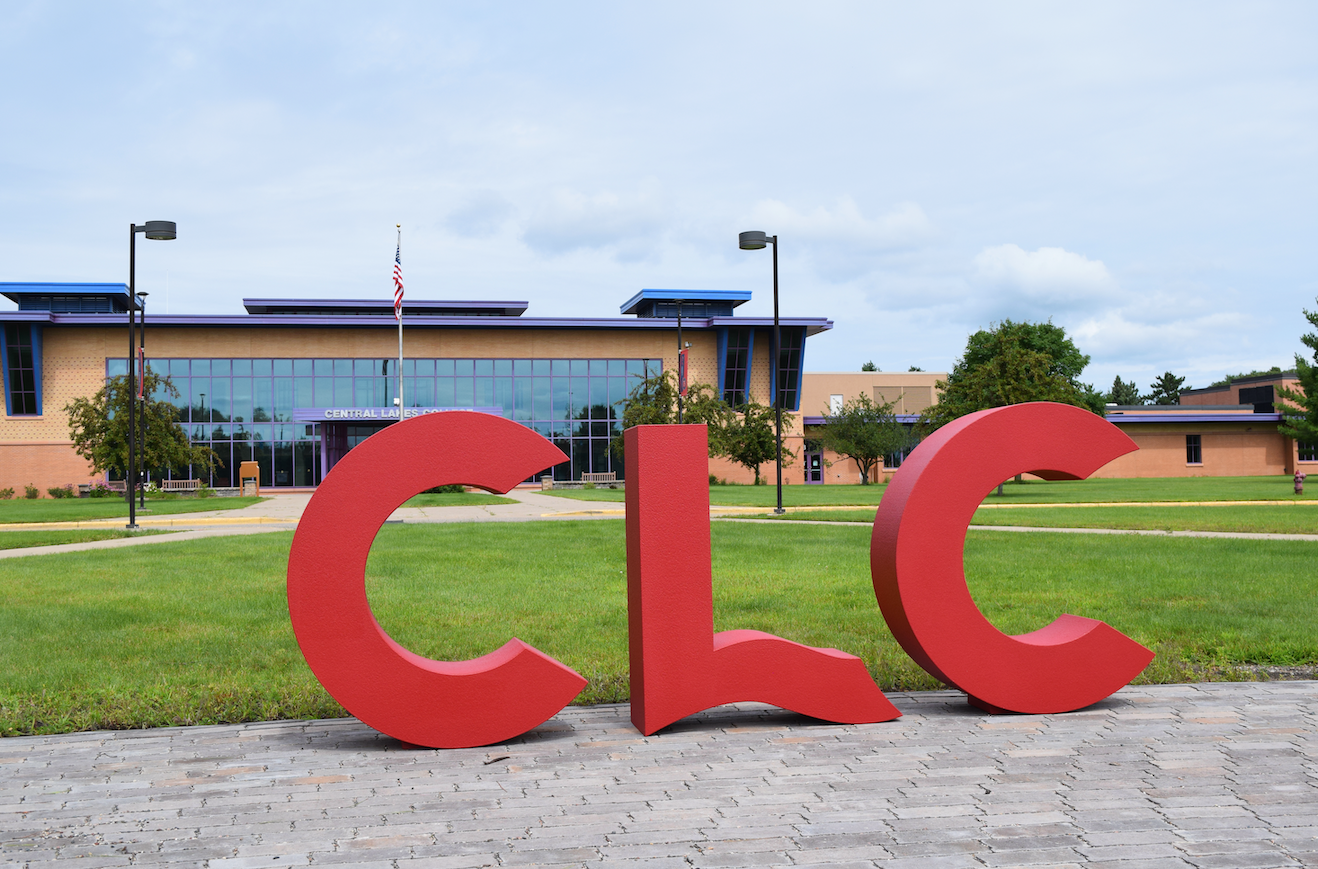$350,000 grant will bridge the skills gap and create job opportunities in rural counties and underserved communities
Polaris Inc., the global leader in powersports, announced the development of an innovative on-the-job training curriculum for upskilling and training powersports technicians. The Service Technician Education Program (STEP), which leverages new connected vehicle technology to rapidly scale and grow the necessary future technician labor force, is in partnership with Central Lakes College and powersports dealer Power Lodge. CLC received a $350,000 grant to fund the program.
With the powersports and marine industries seeing tremendous growth in 2020, due in large part to more people looking for new and different ways to enjoy the outdoors, there has been an increased demand on dealerships tasked with helping to care for and maintain the vehicles. Serving as a pilot, the STEP program is being developed to help solve this challenge by connecting student technicians to hands-on, in-dealership experience at a Power Lodge dealership while they complete their educational training at CLC. Students will be paid for their work as student technicians when working for the dealership as part of a new career pathway in the industry.
“In addition to providing hands-on learning experiences for students, this project helps decrease the technician labor shortage in the industry by connecting trained students with our dealers to complete a specific list of services while working alongside dealer technicians,” said Laura Fleisher, Power Lodge Director of Operations. “As a result, more experienced technicians are freed up to work on more complicated services. Simultaneously, we will be building the next generation of skilled professional technicians.”
Given the deep transformation that the transportation sector currently faces, the industry will need to place even more emphasis on attracting, recruiting, training, reskilling and upskilling women and men, as well as individuals from diverse populations, into the field. Because of this, Polaris is investing in the capabilities of a workforce that will master new technologies and possess the right skillset to drive innovation, productivity and sustainability in the future.
“This program is about building a connection between powersports businesses and students who have chosen powersports as their career. STEP brings new life to powersports and marine programs offered at colleges like CLC while strengthening this industry as a relevant and meaningful career path that fosters diversity, equity and inclusion,” said Bridget McLennan, Polaris vice president, dealer services. “Not only is the curriculum focused on emerging vehicle technologies, but it’s also infused with rich hands-on learning experiences for the students. CLC has a compelling and exciting program, and the partnership of powersports dealers like Power Lodge helps apply those learnings in an actual work environment, ultimately building a highly-skilled network of future employees in a high-demand field.”
Polaris, CLC and Power Lodge expect to train 80 student technicians and an additional 89 staff over the course of the grant, many of whom will be hired upon graduation.
“The key differentiator of this project is that it will create new and customized curriculum on product-specific repairs that will allow student technicians to gain a higher level of skills earlier in their training program so they can work on customer vehicles through a dealership while completing the rest of their training,” explained Paul Hofmann, CLC Marine & Powersports instructor. “Once students have completed the classroom learning and hands-on practice at the college, students will become student technician certified in individual Polaris product lines.”
CLC, Polaris and Power Lodge will begin building the foundational capabilities of this comprehensive pilot program immediately, with full implementation at CLC to begin with the 2022-23 academic school year. Based on critical milestones and success is proven under CLC and Power Lodge’s leadership, additional Polaris educational partnerships will have access to the modified curriculum and will be encouraged to replicate the model.
 CLC News The news and events from Central Lakes College
CLC News The news and events from Central Lakes College


